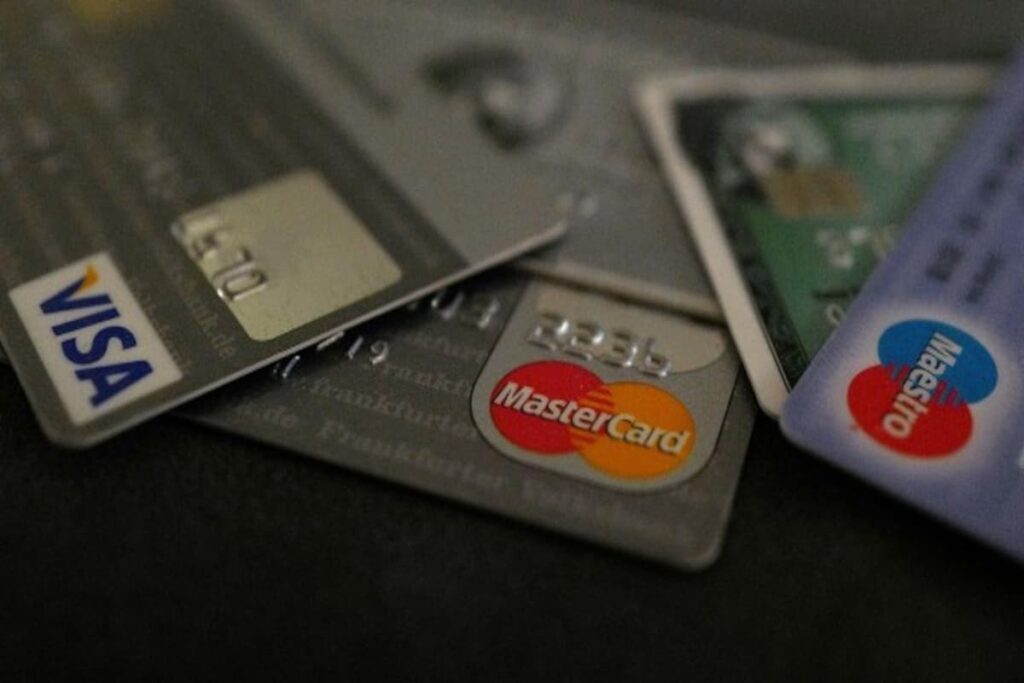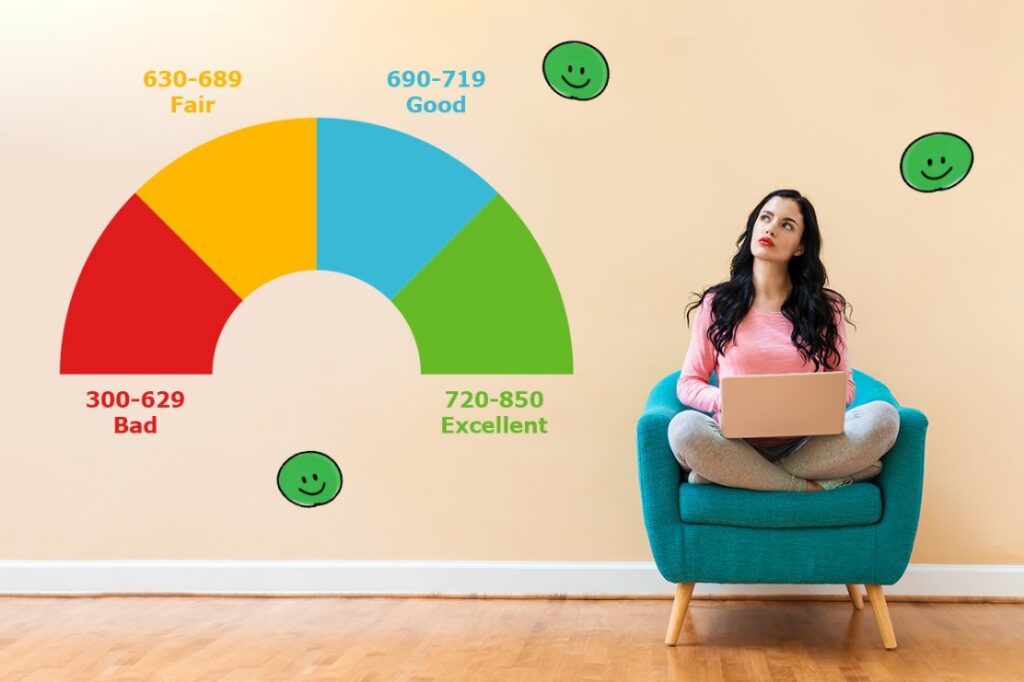
26 Oct Debt and Reputation: How debt default impacts reputation and credit score.
Debt plays a big part in your financial standing. It directly impacts your ability to spend and your credit score. Moreover, it also affects your credibility to borrow money or pay a lower insurance rate. Your credit score is what will direct your reputation in financial opportunities.
How does Credit Score Impacts?
The value of your debt is one of the driving forces of your credit score. In totality, it accounts for 30% of your score. Other forces include how you use your credit, the difference between your credit card’s balance and credit limit, and a separate check on all credit cards. You should always keep in mind to avoid maxing out your card or using it over the limit. This could have the worst impact on your credit score.
Another thing your credit score keeps an eye on is how close your loan balance is to your loan amount. When you make payments for your loans in a timely manner, it is valued and helps your credit score from falling.
Does it Impact my ability to issue a new Credit Card?
If you are carrying an ample amount of debt, primarily credit card debt, it doesn’t look good for you. It doesn’t only hurt your credit score but also hinders approvals for new credit cards. Your credit card request also gets declined if your income is lower in comparison to your debt. This can give banks an easy reason to issue a denial.

Managing Your Debt
How you manage your debt plays a vital role in your credit score. If you’re quick in paying off your loans, your credit score will face a rise as you will lower your credit utilization. If you have debt that becomes too much, then your credit score will undoubtedly suffer. If you end up missing payments, your score will fall.
In case you think debt settlement or declaring bankruptcy would be an ideal way to deal with debt, you must bear in mind that this perhaps will take a lot to recover from. It can take you from several months to even years to recover from the damage your credit undergoes.
Debt Consolidation
You may be penalized for opening a new account which is a bigger blow to your credit age. Your credit age is 15% of your credit score. You must look into debt solutions. They can often hurt your credit score but can be worth a try. You will be able to rebuild your credit score over time.
Credit Building
It is commonly believed that to maintain and build your credit score you must carry a credit card balance for a boost. However, there is no truth in that. As we discussed, having a credit card that has a balance that is too high will inevitably hurt your score. If you’re using a credit card, it’s best to pay the balance in full each month, this would build onto your score and you won’t go into debt.
10% of your credit score accounts for what kind of bank accounts you have. Having different types of accounts and credit cards will increase your credit score as it shows credibility and experience. It’s best to let your credit score build organically and not take loans or resort to borrowing to enhance your points.

Credit and Reputation
Your reputation is relative to your credit score. If your score shows you make payments on time, and are responsible with your finances, it will add to your reputation as a business person and an individual. It is essential to have a record to vouch for your honesty and a clean slate.
We, at HospAid recommend you take charge of your finances and manage them with promptness to lead your credit score and reputation.

No Comments